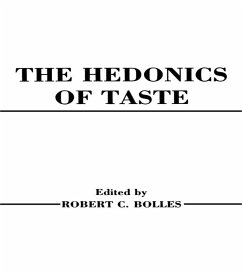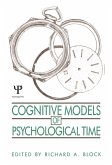A study of hedonism could conceivably operate on a massive scale. This book, however, concentrates specifically on the hedonics of taste. The editor notes some important reasons for limiting the argument in this manner. First of all, this is an area of hedonics in which a handful of experimenters continued to do research during a period when hedonism might have been lost altogether. Secondly, the past ten years have seen quite a number of researchers turn their attention to taste preferences, and so it seems appropriate to celebrate the fact that new findings can be incorporated into a very old conceptual framework: the ancient concept of hedonism.
The contributors approach their subject from many different angles. Historical, conceptual, and methodological chapters are presented; developmental aspects, psychological substrates, and the social considerations of hedonics are discussed. This volume offers viewpoints from dataphiles and theorists, mechanists and cognitivists, unifiers and disrupters -- a diversity that reflects the vital state of psychology today.
Dieser Download kann aus rechtlichen Gründen nur mit Rechnungsadresse in A, B, BG, CY, CZ, D, DK, EW, E, FIN, F, GR, HR, H, IRL, I, LT, L, LR, M, NL, PL, P, R, S, SLO, SK ausgeliefert werden.









